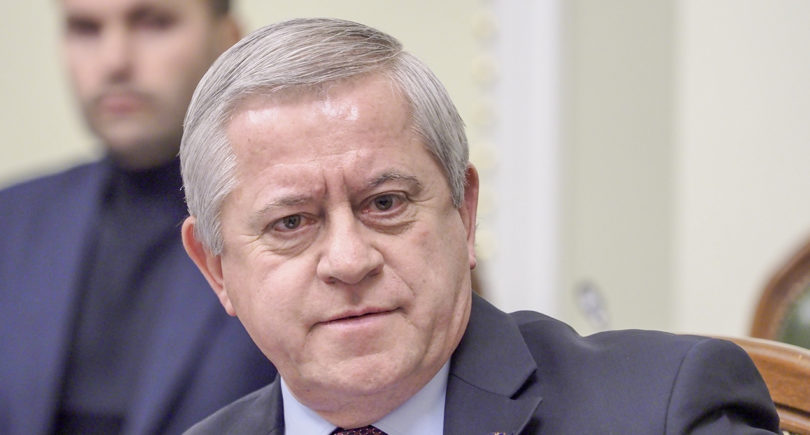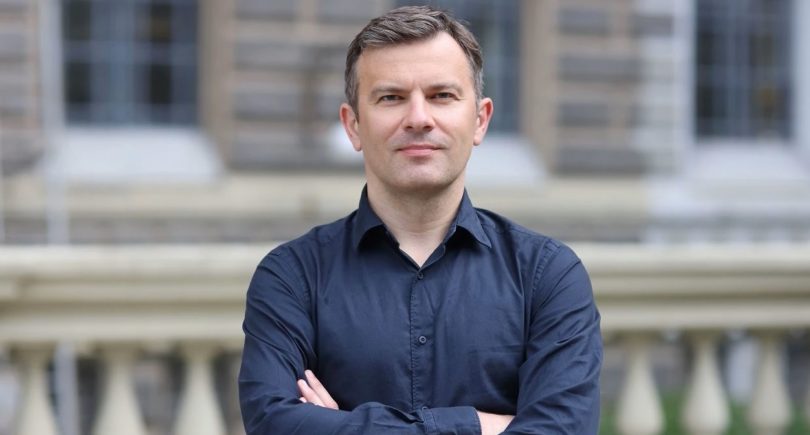
The Ukrainian industry can change and become more environmentally friendly. This is only a matter of means and geopolitics
China is Ukraine’s main opponent in negotiations with the EU. We could discuss environmental modernization only if we manage to clearly agree on the processing sectors in the steel production value chain we should focus on.
This opinion was suggested by Liudmyla Buimister, Chairperson of the Subcommittee on Development of Competition and Equal Conditions for Business of the Verkhovna Rada Committee on Economic Development at a round table on “The impact of CBAM on the steel industry of Ukraine”. GMK Center publishes the abstracts of her speech:
— A turning point has come for the country’s economy. The question is whether Ukraine will become a fully agrarian state, or retain its still available industrial potentials. After all, under a negative scenario, our steel industry, which is now the basis of Ukraine’s industrial complex, will become non-competitive compared to China’s steelmaking. This will close our access to the EU markets forever. The EU needs to understand that part of its steel markets will become completely dependent on China.
This is already the case in many segments. For instance, Chinese imports accounts for 70% in the segment of steel towers for wind turbines in the EU. And we need to clearly understand that negotiations with the EU would mean a war with China. It is our main rival.
In fact, Ukraine is a source of opportunities for Europe to provide alternatives and security in this area. We could discuss environmental modernization only if we manage to clearly agree on the processing sectors in the steel production value chain we should focus on.
This is how the global economy works. The environment as a priority has long been determining global economic processes. Especially in the Western world that we are striving to enter today. There is no longer the question of whether green investments are needed, because the Western consumer is ready to pay for this. Nowadays our steel sector can say the same: we are ready to set ambitious goals, we see a strategy, but we do lack tools available to the rest of the world.
In other words, the point is that Europe needs Ukraine as an industrial potential, like a kind of European China. And that our industry could be completely changed and turned greener. This is only a matter of means and geopolitics. The shield that now protects Europe from Russia’s aggression could also become an economic shield against China.
If we want to shape our position in this way, we need to change the whole format of this process. Strategic understanding of where to invest is very important. Business representatives absolutely definitely need to get involved in this work today, if not at the level of negotiations with the EU, then at least in domestic discussions. And I guess members of parliament are obliged to be involved in this work. Because the worst-case scenario implies the loss of Ukrainian industry once and forever. And we will not be able to resuscitate it.
Several very important negotiations are currently underway. And for some reason they follow parallel paths. There is a separate discussion on the national plan for the reduction of emissions from the large combustion plants (NERP), a separate discussion on the emissions trading system, and a separate discussion on the CBAM. In my opinion, it is in our interests to channel all these issues into one comprehensive discussion, because this set of measures can be considered in one package. Moreover, in the recent discussions on the NERP, our EU partners have voiced their readiness for a meaningful dialog, but they want to see our strategy.
It seems now that there is neither a common strategy, nor a common decision-making center. And all this is actually heading for a total disaster. The EU therefore says they are ready to help, ready to discuss. And we should demonstrate our readiness to take on commitments, but we need clearly determined sources of funding. Sources of funding are a matter of primary concern.
It has cost Poland almost 2.5 budgets to develop its economy. The European Union helped it rebuild its economy — in fact, yet another budget was donated for all areas. Therefore, we need to seriously talk about deeper relationships with the EU and start getting prepared, even without official accession. Then we will really understand how to rebuild our economy, our industry, and we will have a strategy. This means great opportunities for Ukraine to find its place in the European economic family.






